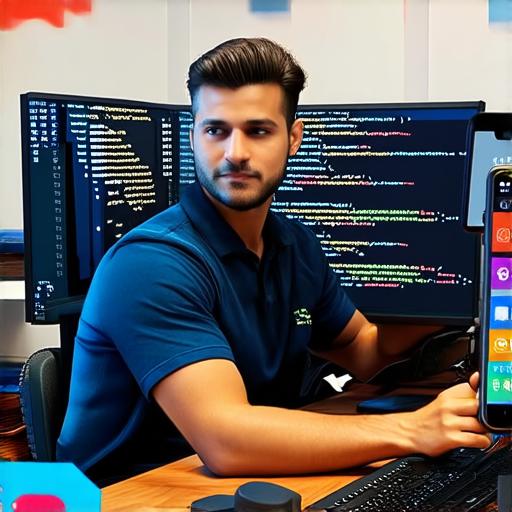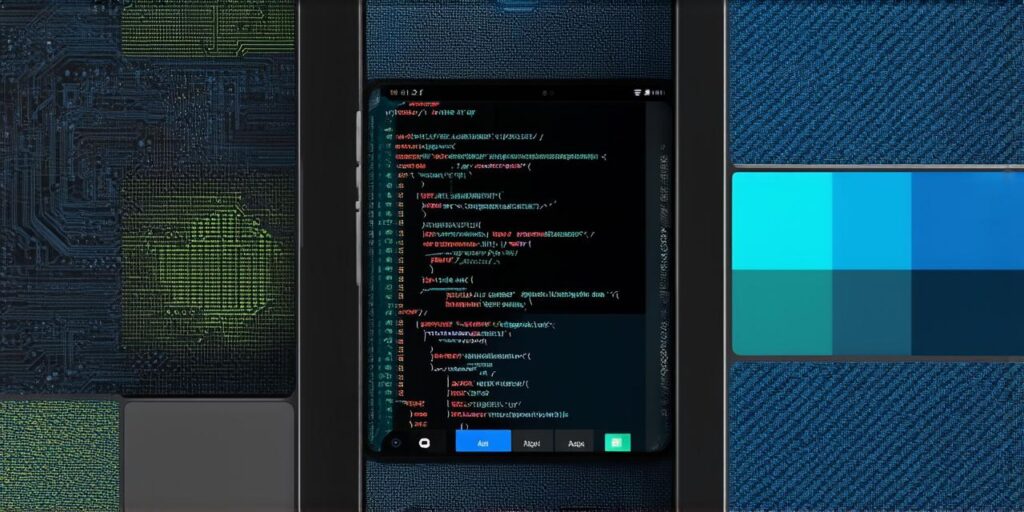Developing a mobile application can be a complex and rewarding task. To become a successful mobile app developer, you will need to acquire a range of skills that will help you design, build, and maintain high-quality applications.
1. Programming languages
To develop a mobile application, you will need to be proficient in at least one programming language used for mobile development. Some popular languages include Java, Swift, Kotlin, Objective-C, and Python. It’s important to choose a language that is suitable for the platform you are targeting (iOS or Android) and learn its syntax and best practices.
2. Mobile application development frameworks
There are many frameworks available for developing mobile applications, including React Native, Xamarin, Flutter, and Cordova. These frameworks provide a set of tools and libraries that can help you build apps more quickly and efficiently. It’s important to choose a framework that aligns with your goals and preferences.

3. User interface design
A mobile application’s user interface (UI) is the first thing users will see when they launch the app. Good UI design can make or break an application, so it’s crucial to learn how to create intuitive and visually appealing interfaces that are easy to use. Some tools you may find helpful include Sketch, Figma, and Adobe XD.
4. Mobile application development methodologies
There are many different approaches to developing mobile applications, including Agile, Waterfall, and DevOps. It’s important to choose a methodology that works for your team and project, and to be familiar with the key principles of each approach.
5. Mobile application testing and debugging
Testing and debugging are essential parts of the development process. You will need to learn how to test your apps on different devices and platforms, as well as how to identify and fix bugs and issues that may arise during testing.
6. Version control and collaboration tools
Version control is a critical tool for managing code changes and collaborating with team members. Some popular version control systems include Git and SVN. Collaboration tools like Slack and Trello can also be helpful for communicating with team members and tracking progress.
7. Security and privacy best practices
Mobile applications often handle sensitive user data, so it’s important to follow best practices for security and privacy. This includes using encryption, secure authentication methods, and implementing measures to protect user data from unauthorized access or theft.
8. Continuous learning and staying up-to-date
The mobile application development landscape is constantly evolving, with new tools, frameworks, and technologies emerging all the time. It’s important to stay up-to-date on these developments and continue learning throughout your career to ensure you are always using the latest and most effective techniques.
In summary, developing a mobile application requires a range of technical and soft skills, including programming languages, UI design, mobile development methodologies, testing and debugging, version control and collaboration tools, security and privacy best practices, and continuous learning. By focusing on acquiring these skills, you can become a successful mobile app developer and create high-quality applications that meet the needs of your users.



